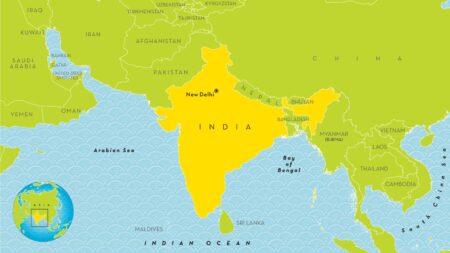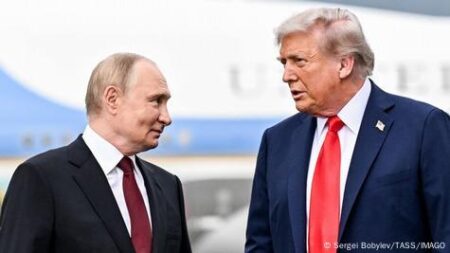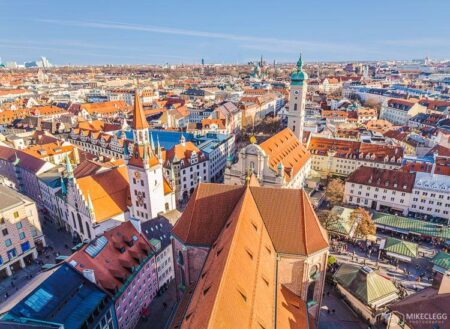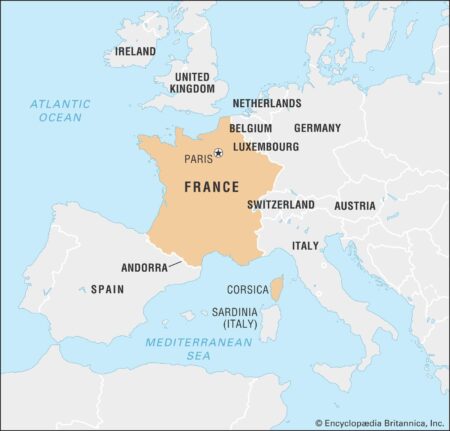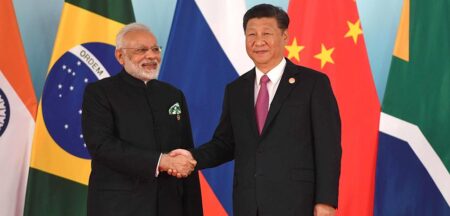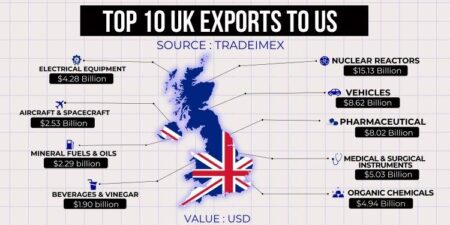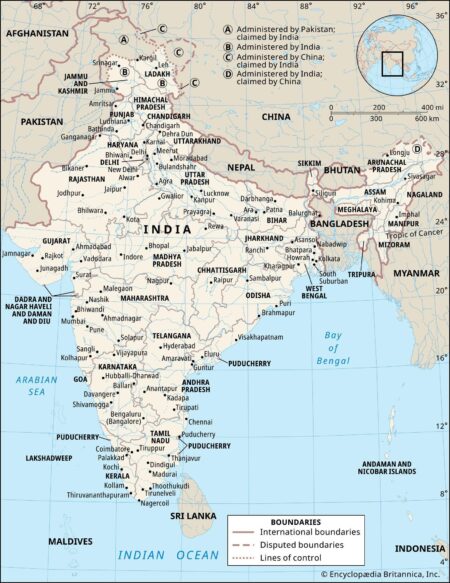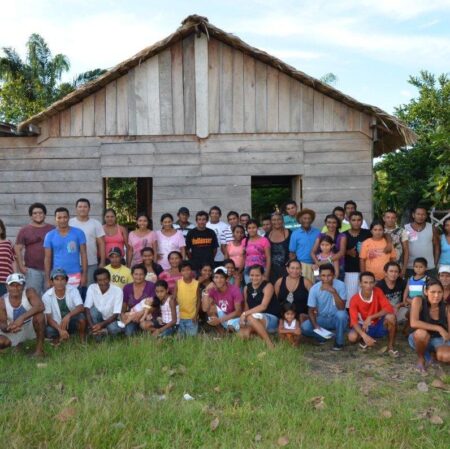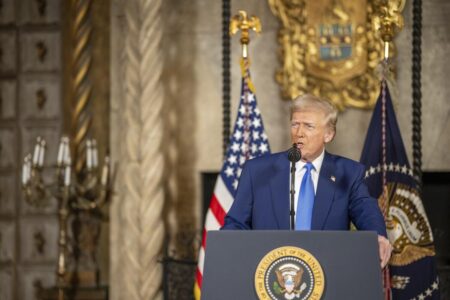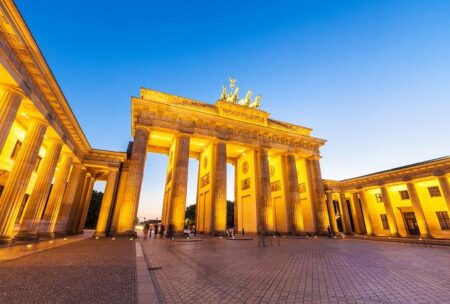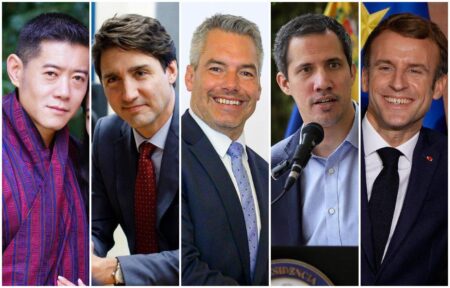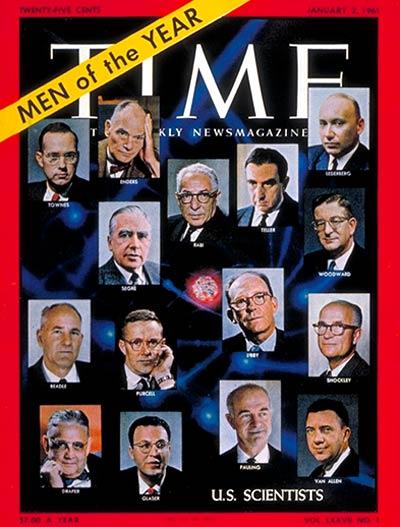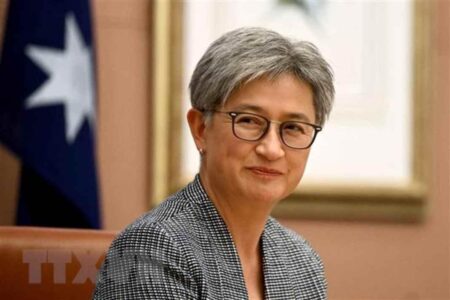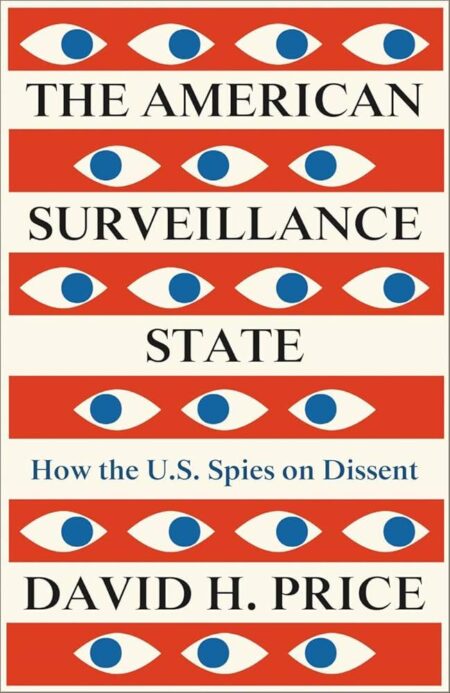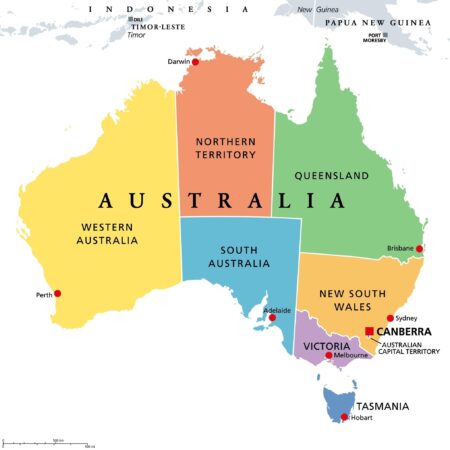Several advocacy groups are urging the U.S. Trade Representative (USTR) to take bold and immediate action against Brazil’s concerning trade practices. They warn that these unfair tactics are seriously harming American industries and insist on a swift, strong response
Browsing: international relations
India and China envoys held pivotal talks focused on preserving border peace and enhancing trade cooperation. This crucial dialogue aims to reduce tensions and strengthen bilateral relations amid ongoing regional challenges, Reuters reports
Ukraine’s former foreign minister issues a stark warning: Russian President Vladimir Putin remains relentless, determined to “never give up on trying to destroy” Ukraine, underscoring the ongoing threat despite recent setbacks in the conflict
Japan is stepping into the spotlight with a crucial promise to bolster Ukraine’s security, Prime Minister Fumio Kishida announced. This bold move underscores Tokyo’s growing dedication amid rising tensions in Eastern Europe
Germany and its allies are making bold moves to secure strong security guarantees for Ukraine, Defense Minister Boris Pistorius announced. This dynamic effort aims to strengthen Ukraine’s defenses amid rising regional tensions
France and Mali are caught in a heated diplomatic battle after Malian authorities arrested French embassy staff, accusing them of orchestrating a coup. This explosive development has escalated tensions between the two countries, raising serious concerns about the region’s future stability
China’s top diplomat Wang Yi urged China and India to embrace partnership over rivalry, emphasizing that cooperation and mutual respect are key to boosting regional stability, Reuters reports
U.S. SOUTHCOM Commander returns to Argentina for crucial leader meetings and a landmark regional security conference, strengthening collaboration on shared challenges and advancing U.S.-Argentina defense partnerships
U.S.-UK trade relations are heating up as both nations eagerly explore fresh opportunities in the post-Brexit landscape. Congress.gov offers an inside look at the intense negotiations, tariff battles, and regulatory challenges driving the evolution of this crucial alliance
The Donbas region remains a fierce and costly battleground, described by experts in The Hill as a “poisoned chalice” that neither Russia nor Ukraine truly wants-highlighting the deep and complex challenges blocking the path to lasting peace
Amid the shifting tides of U.S. policies under Trump, India is boldly expanding its diplomatic and economic bonds with Russia and China, strategically strengthening its alliances to protect its interests in a rapidly evolving global landscape
The U.S. Department of State’s 2024 Country Report on Human Rights Practices uncovers urgent challenges in Brazil, highlighting alarming police violence, ongoing battles for indigenous rights, and mounting threats to freedom of expression amid escalating political tensions
Former President Trump is passionately pushing to ease U.S. visa restrictions for Argentina, aiming to strengthen bonds with his right-wing ally amid the region’s growing political and economic turmoil
Germany has urgently urged the Israeli government to halt all settlement construction in the West Bank, warning that ongoing expansion not only jeopardizes peace efforts but also violates international law, Reuters reports
A global powerhouse that once boldly challenged Trump’s tariff policies is now deepening its ties with China, igniting curiosity about shifting alliances and evolving trade strategies in the face of escalating global economic tensions
U.S. scientists are facing increasing political pressure and hostility, prompting France to extend a generous offer of refuge and support. This courageous move highlights growing concerns over academic freedom and the future of international research collaboration
China has responded cautiously to the recent Trump-Putin summit and President Zelensky’s White House visit, emphasizing the urgent need for stability and calling on all parties to prioritize diplomatic dialogue amid escalating global tensions
Human Rights Watch urges the Australian Foreign Minister to prioritize human rights during the upcoming visit to Vietnam, emphasizing the critical need to address press freedom and political repression in their bilateral talks
The US has unveiled that it monitors India and Pakistan “every single day” amid escalating regional tensions. This constant vigilance aims to manage conflicts and foster stability throughout South Asia, officials told NDTV
Australia has denied a visa to a far-right ally of Israeli Prime Minister Benjamin Netanyahu, citing serious concerns over public safety and social harmony. This move underscores rising tensions fueled by extremist ties


